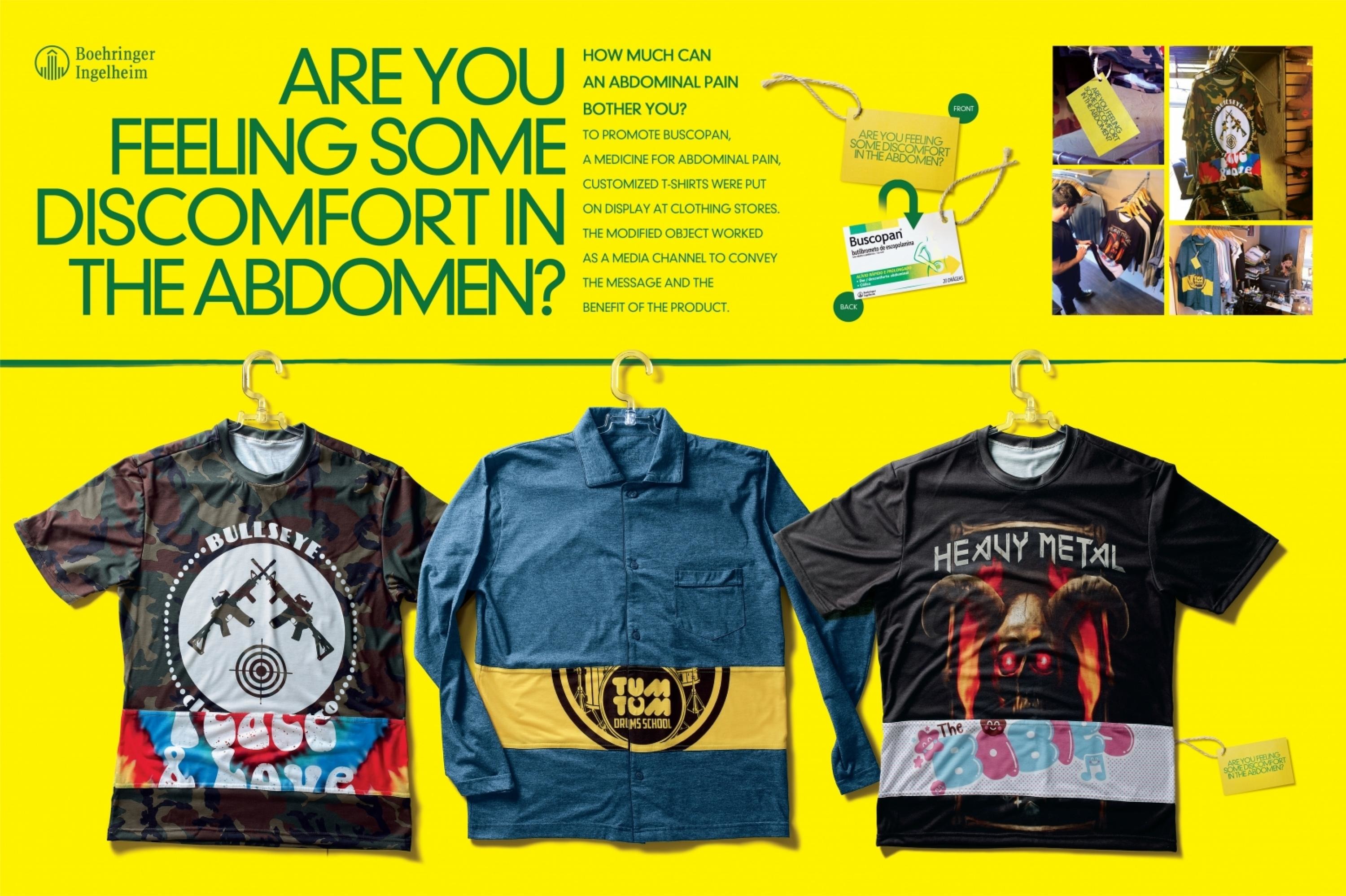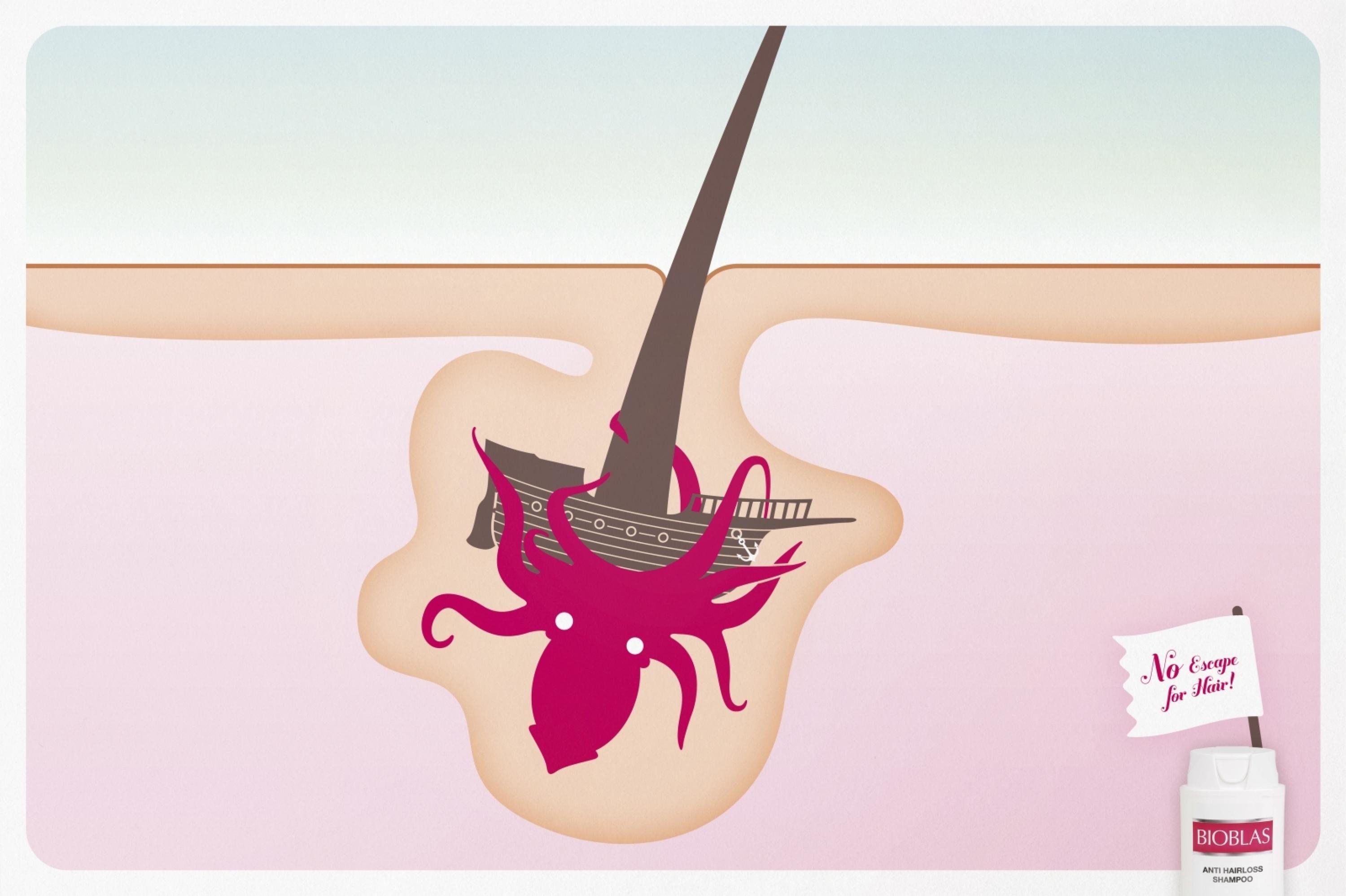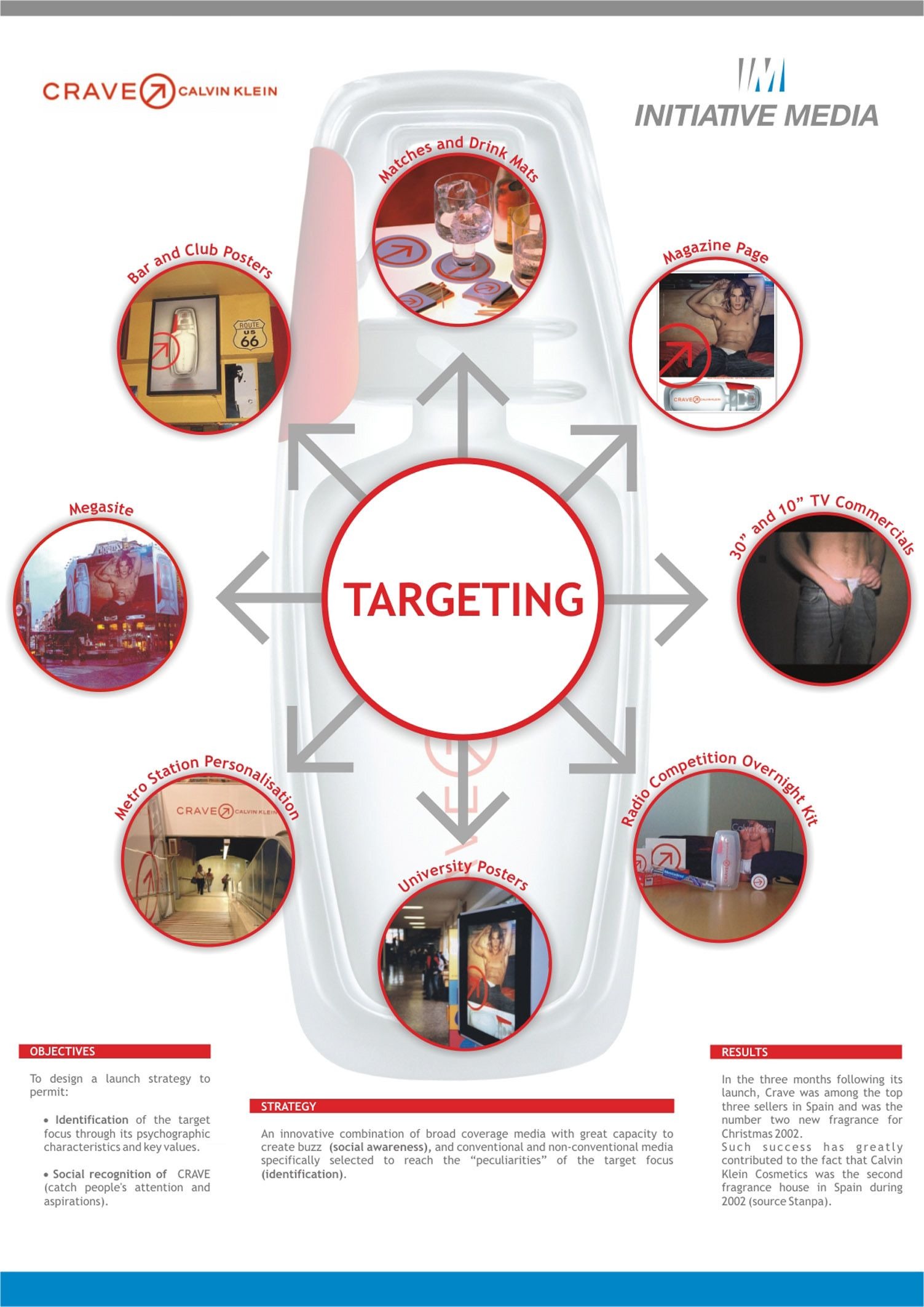Cannes Lions
Suvidha Centre
VMLY&R, Mumbai / UNILEVER / 2023


Overview
Entries
Credits
Overview
Background
Unilever’s ambition is to deliver long term sustainable growth while reducing environmental footprint and increasing its social impact. The company's ethos can be summed up in the goal of ‘Making Sustainable Living Commonplace’.
Globally, more than 1 Billion people live in slums and this number is rapidly growing. Unfortunately, slums have the challenge of limited access to safe toilets and drinking water causing serious health implications and over 829,000 deaths per year. Unilever has been bringing access to hygiene and sanitation for all, but with no infrastructure in the slums, this was a challenge.
The objective was to develop a sustainable and scalable solution which addresses sanitation challenges in slums and inspire a behaviour change towards hygiene and regularising healthy habits.
Idea
The Suvidha Centre is a unique, self-sustaining, community hygiene centre, providing safe access to toilets, drinking water, showers, and laundromats in the heart of the slum. Each center has been inclusively designed with special attention to women, children, elderly and persons with disabilities, ensuring no-one is left behind. They are open 24 x 7, brightly lit for women's safety and operated by women-led teams from within the community. With pricing as low as one cent per day, these Suvidha Centres provide access to affordable and safe sanitation for everyone.
These Suvidha Centres are purpose-built and developed through a first-of-its-kind public-private partnership under Unilever's initiative, with the Municipal Corporation of Mumbai and HSBC India. This innovative partnership, through the Suvidha Centres, addresses the sanitation needs of underprivileged households bringing Clean Water and Safe Sanitation to all. These centres are further reinforced with behaviour change programs about personal hygiene within the community.
Strategy
Revenues generated from 'pay-per-use' model at public toilets are never enough to manage operational costs of maintenance. Thus, complex issues such as health and sanitation cannot be addressed by government or any corporate or non-profits alone. It requires interventions creating access to infrastructure and changing behaviors of communities.
Unilever’s holistic model:
i) Location: Priority is given basis low Human Development Index
ii) Inclusive Design & Highest Standards: Inclusively designed for all. Best materials are used for construction, and highest quality standards maintained.
iii) Affordability: Low pricing at $0.01 per day makes all services affordable for underprivileged families.
iv) Behaviour Change: An intensive behaviour change program is carried out reinforcing messages on hygiene and sanitation.
v) Community Engagement and Ownership: The implementation NGOs engage community leaders (primarily women) to support center operations.
Partner Roles: Government (Land & Permissions), Unilever (Technical Leadership, Funding, Hygiene Expertise, Product Supply & Behaviour Change), HSBC (Co-funding)
Execution
Unilever launched the first center as a pilot. There was resistance from government and local communities because there were worries about a corporate working on sanitation. Multiple aspects of the model were refined including behaviour change, operating model (laundromat proved to be a big money generator) and the hygiene standards at the center.
From the pilot success, the next 4 centers were launched with co-funding from HSBC India. In 2022, Unilever launched India's largest toilet block in Dharavi, one of the world's biggest slums. In 2023, there are 12 centers (550 toilet seats and impacting 300,000 people in slums of Mumbai) with plans to double in the next 2 years.
More than 300 individuals work on the program (130 full time with 65% women). The solar powered centers also cumulatively save 50 Million liters of water every year through grey water treatment.
Outcome
Good Health (SDG3) & Clean Water & Sanitation (SDG6)
Over 300,000 people use the centers every year, with 90%+ reporting feeling safe using them. 44% reduction in diarrhoea cases were reported. 95%+ of users feel that the centers have a positive impact on their mental well-being. Open defecation in the slums has reduced by 32%.
Sustainable Cities (SDG11)
Priced at $0.01 per day, each centre breaks even operationally in 9 months.
Gender (SDG5)
94% women feel empowered as they save money, time and focus on other activities.
Business
More than 20 Million products like Lifebuoy, Surf Excel, and Domestos were sampled with the Centres doubling as product experience centres.
Scalability
a. WEF recognition as "innovative and scalable model to build healthy cities" across the world.
b. The Government of Mumbai proposed scaling up the model to 100 more centres where Unilever will be knowledge and expertise partner.
Similar Campaigns
12 items








